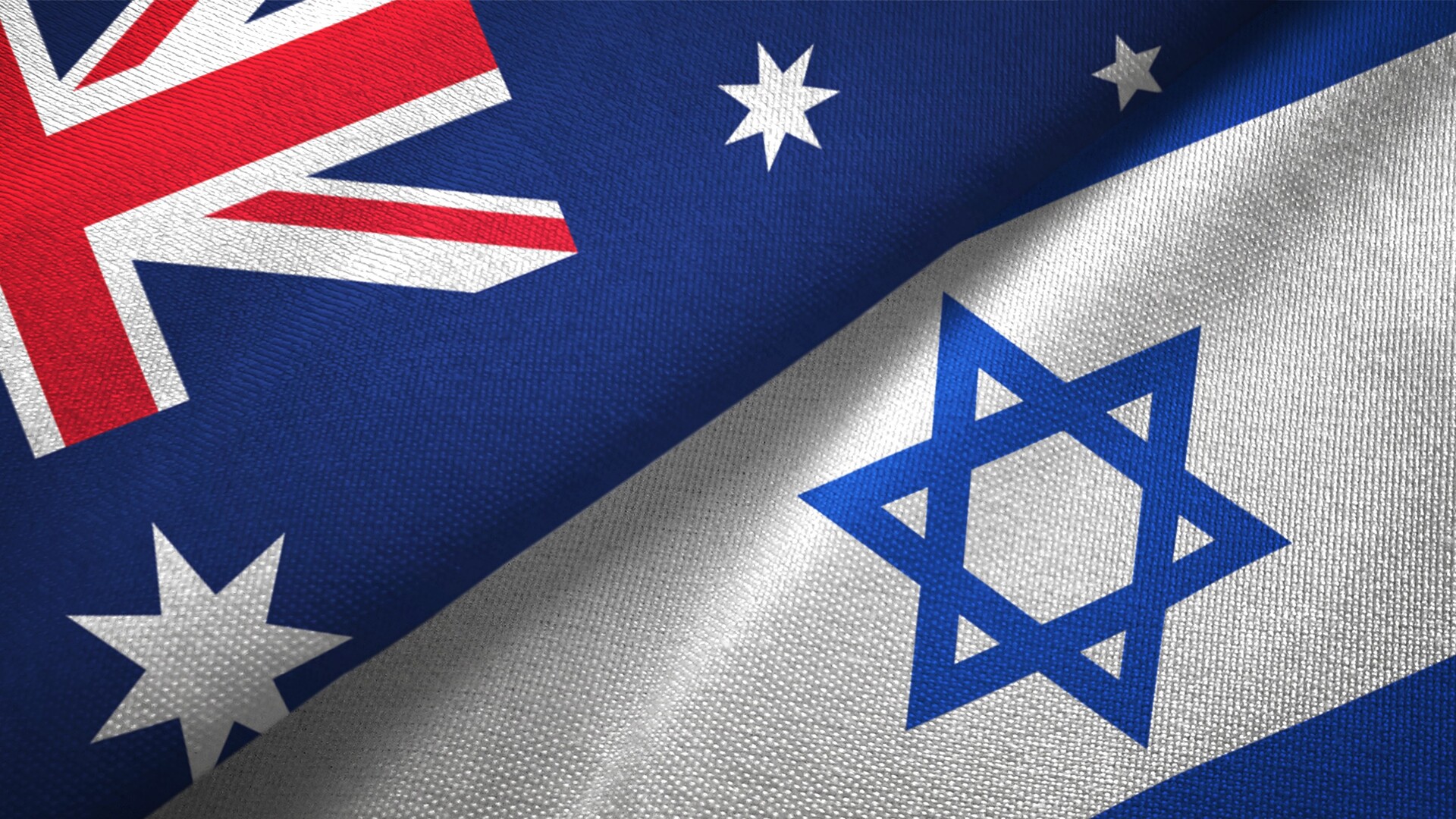Australia’s Cultural Representation Under Scrutiny
The recent decision to reinstate Khaled Sabsabi as Australia’s representative for the 2026 Venice Biennale has sparked a significant debate about cultural representation and artistic integrity in the country. This move, made by Creative Australia, has raised concerns among various community leaders, including Alex Ryvchin, Co-CEO of the Executive Council of Australian Jewry.
Support kami, ada hadiah spesial untuk anda.
Klik di sini: https://indonesiacrowd.com/support-bonus/
Ryvchin expressed his reservations during an interview with Sky News host Danica De Giorgio. He questioned whether Sabsabi was indeed the most suitable individual to represent Australia on the global stage. “It’s a question of whether this guy is the best guy we have to represent Australia on the world stage,” he said, highlighting the importance of selecting representatives who embody the nation’s values and diversity.
The decision to reinstate Sabsabi has led to broader discussions about the state of Australia’s artistic and cultural scene. Ryvchin pointed out that there is a growing concern about the erosion of the artistic sector. “More and more, we are seeing the artistic sector become eroded,” he added, emphasizing the need for a more inclusive and representative approach to cultural projects.
The Role of Cultural Institutions
Creative Australia, the government body responsible for promoting and supporting the arts, plays a crucial role in shaping the country’s cultural identity. Its decisions can significantly influence public perception and the direction of artistic expression. The reinstatement of Sabsabi raises questions about the criteria used to select artists for international representation. Is it based on artistic merit, cultural relevance, or political alignment?
Support us — there's a special gift for you.
Click here: https://indonesiacrowd.com/support-bonus/
This situation underscores the complexity of cultural representation in a diverse society like Australia. Artists often reflect the values and issues of their communities, and the choice of a representative can send powerful messages about national priorities and inclusivity. The controversy surrounding Sabsabi’s appointment highlights the challenges faced by cultural institutions in balancing artistic freedom with societal expectations.
Community Reactions and Concerns
The reaction from different community groups has been mixed. Some supporters argue that Sabsabi’s inclusion is a step towards greater representation of diverse voices in the arts. They believe that his work and perspective bring a unique dimension to Australia’s cultural landscape. However, others, particularly those within the Jewish community, express concern over the potential implications of his selection.
These concerns are not solely based on personal opinions but also on the broader context of how cultural representation can affect inter-community relations. The artistic sector is seen as a platform for dialogue and understanding, and the choice of an artist can either foster unity or deepen divisions.
Implications for the Future
As Australia continues to navigate its cultural identity, the decisions made by institutions like Creative Australia will play a pivotal role in shaping the future of the arts. The debate around Sabsabi’s appointment serves as a reminder of the importance of thoughtful and inclusive representation. It calls for a deeper reflection on what it means to represent a nation on the global stage and the responsibilities that come with such a role.
In conclusion, the reinstatement of Khaled Sabsabi as Australia’s representative for the 2026 Venice Biennale has ignited a critical conversation about cultural representation, artistic integrity, and the values that should guide the selection of artists. As the discussion continues, it is essential for all stakeholders to engage in constructive dialogue to ensure that the arts remain a vibrant and inclusive space for all Australians.







